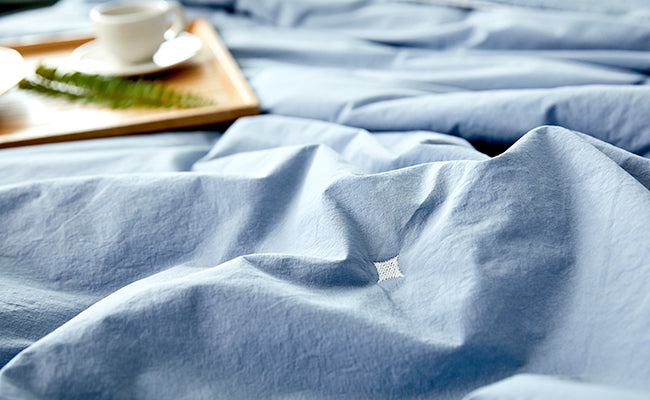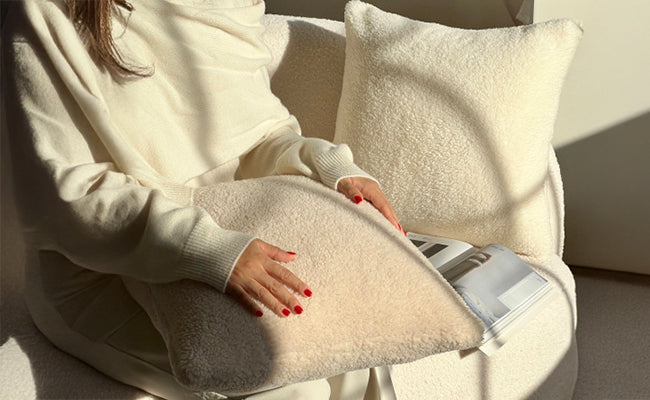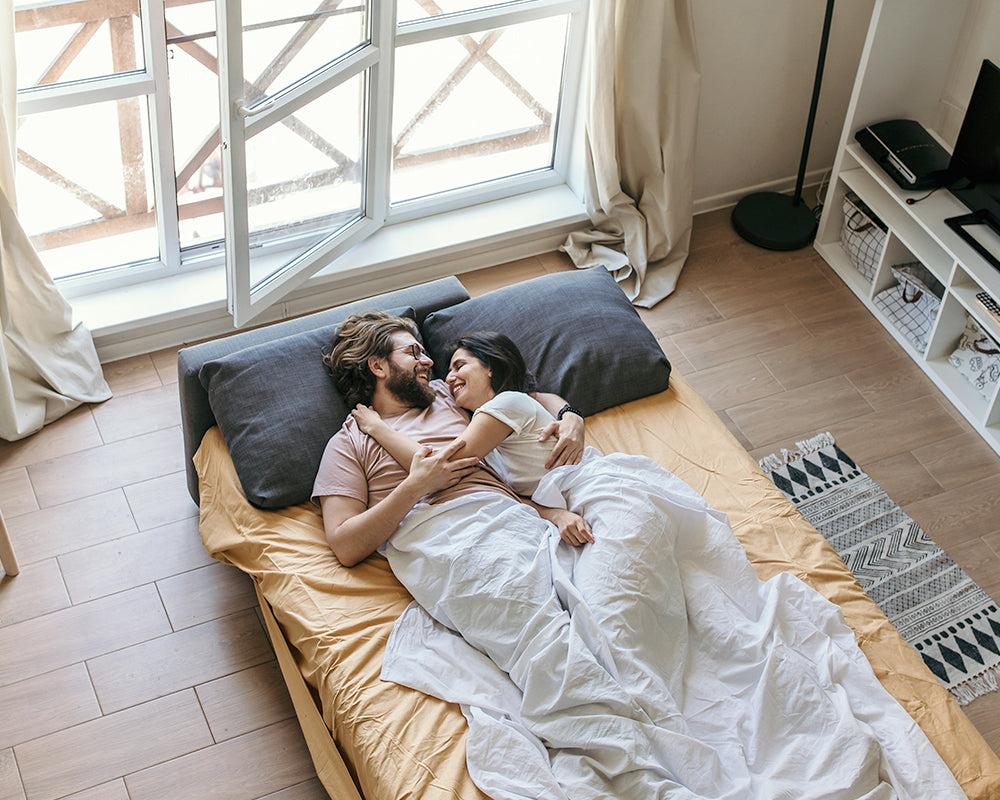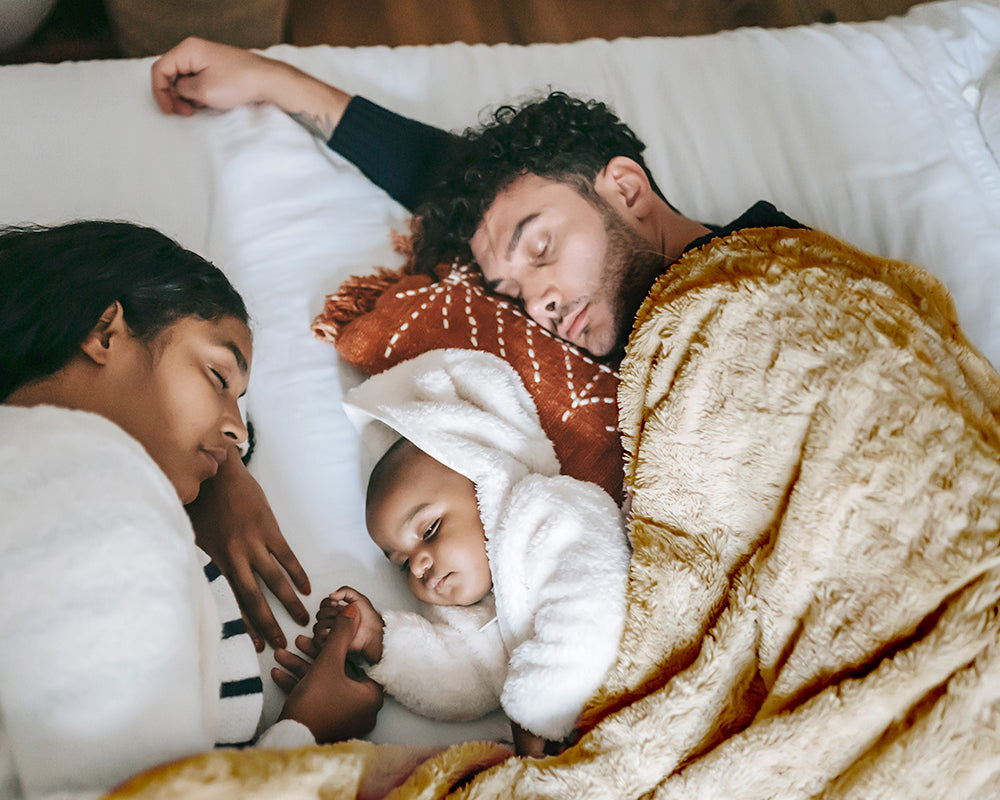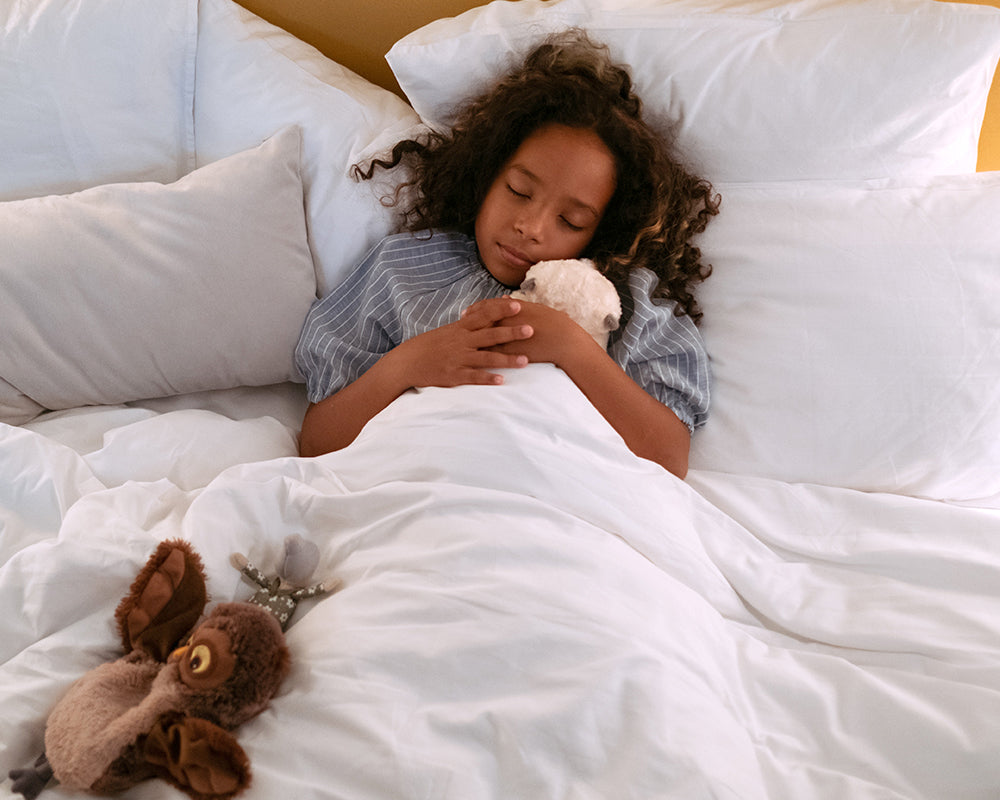
How Sleep Influences Mental Health
Welcome Back To Our Blog!
Today, we are going to be talking scientifically in-depth about some specific details of how sleep affects mental health and what are some positive impacts. As you all know, sleep plays an important role in coping with stress and physical health. Whereas, if you are struggling with sleep deprivation, then you may feel a sense of irritation and lack of motivation throughout the day. As sleep deprivation continues, it will lead to unfavorable health disorders such as depression, diabetes, bipolar disorder, heart disease, etc. 😱
In the process of quiet, silent sleep, we humans have four different types of sleep stages. But, the most important and unique sleep stage is the REM stage. Our whole body muscle starts to relax, body temperature drops, and breathing slows down. After, REM sleep begins it is the period where people DREAM! One interesting fact is that the REM stage, improves memory, emotional health, and learning skills.
CHANGING TO A HEALTHY LIFESTYLE
As we all know, one of the common psychological sleep deprivation symptoms is insomnia. Treatment is highly required and recommended for those who struggle with insomnia and also psychiatric disorders. In order to fully cure all the problematic sleep symptoms, people need an arrangement in their lifestyle habits, psychotherapy, and behavioral strategies.
- Physical Activity: learning aerobics or any other exercise that makes you motivated will help fall asleep faster, consistently have deep sleep, and less awaken in the nighttime.
- Lifestyle Changes: We know fact that caffeine affects sleeplessness. Surprisingly, nicotine and alcohol can as well. Nicotine provides the effect of an increased heart rate speed and thinking since it is a stimulant. Alcohol does help people fall asleep, however, it's only a temporary effect and wears off in a few hours and suddenly people just wake up again because alcohol slows down the nervous system. Overall, it is the best solution to give up these substances. Also, avoiding them right before going to sleep is another option as well.
- Relaxation Techniques: Meditation, breathing exercises, practice in muscle relaxation and regulation can provide a decrease in anxiety and complicated mind.
- Cognitive Behavioral Therapy: CBT can help cure insomnia with their behavioral techniques and alter people's negative expectations and trying to establish confidence that they will have restful sleep.
![머무룸[mumooroom]](http://mumooroom.com/cdn/shop/files/mumooroom_v2_4043da4e-1b02-41ee-a54a-779933d52324.png?v=1752788636&width=1107)
